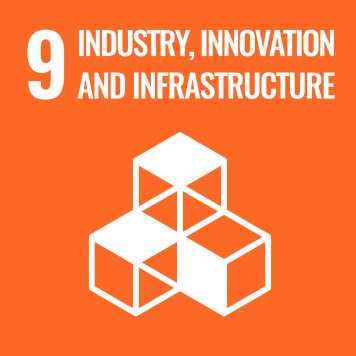ICT4D – Concepts, Strategies and Good Practices
Digitalization brings immense opportunities, but it also risks further marginalizing disadvantaged groups. We explore ways to ensure that innovation and technology are applied equitably and responsibly.
Registration starts 4th of November 2024.
Duration: 04/03– 05/03/2025, + 2 days individual work on own ICT4D project
Teaching format: Blended
Course objective:
Information and communication technologies (ICTs) represent the fastest and deepest technical change experienced in international development. By now, they affect every development sector – the work of farmers and micro-entrepreneurs, healthcare workers and microfinance institutions, social mobilization and political change. Yet, the ‘digital dividends’ are unevenly distributed and questions of ‘data justice’ in development are largely unexplored. To close the gap, just greater digital adoption will not be enough. Digital development strategies need to be broader than ICT strategies. This course helps to understand the role of ICTs in development, discusses the existing evidence on the impact of ICT on development, and introduces key concepts and methods for ICT4D practice and strategy. Participants develop their own ICT4D project during the course.
Key topics:
- ICTs and development: the conceptual links
- The impact of ICT on development: evidence from research
- Digital revolution and its analog foundations
- Concepts, strategies and components needed for ICT4D to work
- Good practice in implementing ICT4D
- Emerging technologies
ECTS points: 3
Course fee: CHF 950
Lecturers:
- Dr. Fritz Brugger, NADEL
- Guest Lecturers

